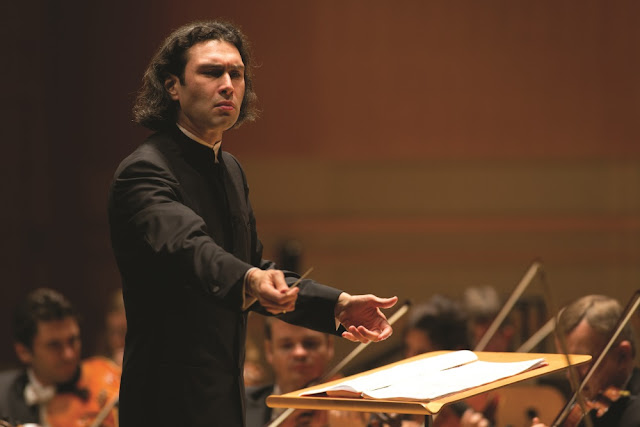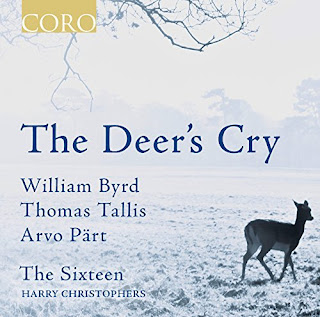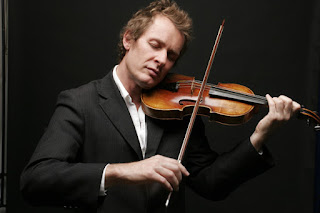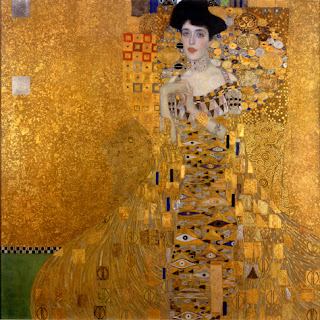 |
| Alice Coote |
Schubert, Strauss, Elgar; Alice Coote, Julius Drake; Temple Music at Middle Temple Hall
Reviewed by Robert Hugill
on Jan 21 2016
Star rating: 4.0
Improvisatory freedom and rich characterisation
Mezzo-soprano Alice Coote, accompanied by pianist Julius Drake gave a generous programme of songs by Schubert, Strauss and Elgar as part of Temple Music’s Temple Song series at Middle Temple Hall on Thursday 22 January 2016. The programme started with Schubert songs including An den Mond, Der Musensohn, Der Zwerg, Auf dem Wasser zu singen, Nacht und Träume, and Erlkönig, and the second half opened with a selection of Richard Strauss songs including Zueignung. Ruhe meine Seele, Heimliche Aufforderung and Morgen, concluding with Elgar’s Sea Pictures.
 |
Julius Drake
photo Sim Canetty-Clarke |
We had been warned that Coote was suffering problems with her throat, but little of this seemed evident from her fully committed and richly dramatic performance.
We heard two versions of Schubert’s
An den Mond, Alice Coote and Julius Drake opened with Schubert’s first version. This was quite low key, but with a lovely attention to detail of word and phrase from Coote. She sang with a lovely rich lower register, but shaded the upper register finely.
Der Musensohn was performed with vibrant vigour, yet a light touch in the piano and delight in the voice.
Der Tod und das Mädchen combined the intense drama of the young girl with a vivid evocation of Death.
Der Zwerg opened with a sense of mystery in the piano and a lovely veiled tone from Coote, developing a real sense of sense of suppressed excitement as Coote brought out the different narrative voices vividly. Her performances were not operatic, but in all the songs she rendered individual characters vividly. The second version of
An den Mond was full of lyric melancholy, building to a real sense of rapture.
Rather than simply relaxing in the simple beauty of the song,
Auf dem Wasser zu singen was really full of character in both piano and voice, whilst
Seligkeit was surprisingly strongly sung and richly vibrant. Coote made
Abendstern something rather touching and poignant.
Nacht und Träume was quiet and intense with Drake making a lovely shimmer in the piano, and Coote singing with a lovely sense of long phrases, to create something mesmerising.
Rastlose Liebe was all vivid vigour, with the phrases tumbling out.
Du bist der Ruh was beautiful, but with a real sense of inwardness, whilst the second
Wanderers Nachtlied combined this with an enchanting sense of line. Finally, we were treated to a really vivid account of
Erlkönig, with Coote combining real firmness of line with a virtuoso sense of the different voices in the song, especially the insinuating title role with the piano really turning the screw up in the tension.




















.jpg)
























